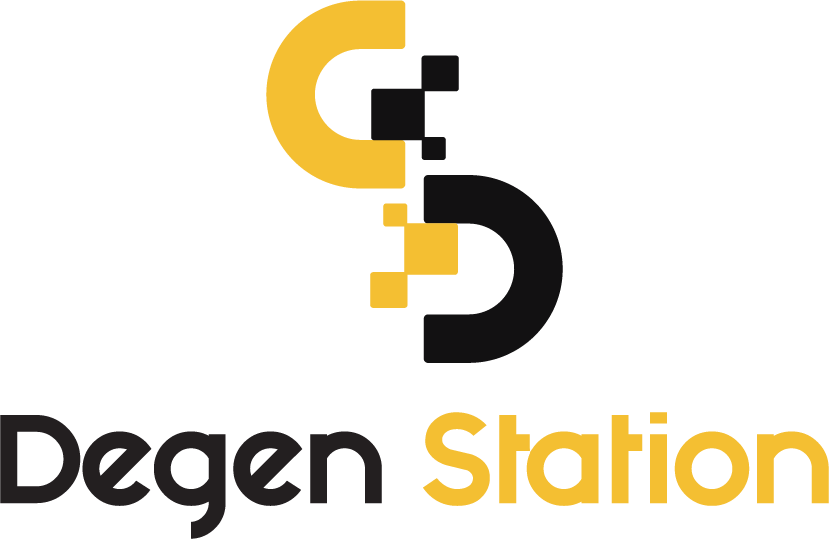Terra Classic Cuts LUNC Burn Tax from 1.2% to 0.2% Amid Trading Volume Plummet

The Terra Classic (LUNC) community has passed a new proposal to reduce the coin burn tax from 1.2% to 0.2% in a bid to encourage users to resume trading.

On October 18, Terra Classic (LUNC)—a remnant of the former Terra (LUNA)—approved Proposal 5234, which lowers the coin burn fee from 1.2% to 0.2% per transaction.
Background on Terra Classic’s 1.2% Burn Tax
As previously reported by Coin68, in September Terra Classic implemented a significant proposal imposing a 1.2% burn tax on each LUNC transaction on the blockchain. The goal was to reduce the nearly 7 trillion LUNC supply created after the LUNA-UST collapse, targeting a reduction to just 10 billion LUNC. This burn tax, referred to as the “coin burn tax,” was aimed at benefiting the entire ecosystem by involving all Terra Classic users.
The LUNC community later pressured exchanges to apply the burn tax as well. Binance, the largest exchange, initially opposed the burn tax due to its potential impact on users and whales. Instead, Binance decided to burn all fees collected from spot trading LUNC on its platform, a move considered savvy as it satisfied Terra Classic's burn tax desire while ensuring users could trade LUNC without affecting its liquidity.
However, despite Binance’s efforts, the impact of its LUNC burn fees was not as expected. After three rounds of burns, only about 11.1 billion LUNC were burned, valued at approximately $2.6 million at the time of writing. This amount is relatively small and would take a considerable time to reach the goal of reducing the total supply to 10 billion LUNC.
Community Shift in Terra Classic
Proposal 5234 acknowledges the reality that the 1.2% burn tax deterred users from trading LUNC, leading to a 91.67% drop in transaction volume since the change was implemented.
Specifically, in the 18 days leading up to October 11, the Terra Classic blockchain recorded a trading volume of around 367.06 billion LUNC, averaging 20.39 billion per day. Before the burn tax, Terra Classic saw 2.349 trillion LUNC traded in just 12 days, equivalent to 195.76 billion per day.
Moreover, user interest in burning coins has been tepid, as 46.22% of the 14.85 billion LUNC burned came from CEXs. At this rate, it is estimated that Terra Classic could take 20 to 60 years to achieve its goal of reducing the total supply to just 10 billion LUNC.
In addition to the direct impact of the burn tax on transaction value—a concern highlighted by critics—Proposal 5234 argues that the tax is wasteful and suggests that the burned funds could be better utilized to support protocol development.
As a result, Proposal 5234 calls for reducing the burn tax from 1.2% to 0.2% and allocating 10% of the funds to an ecosystem development fund.
Proposal 5234 was voted through on October 18, and Binance has adjusted its LUNC deposit/withdrawal fees to 0.2% accordingly.

4H Chart of LUNC/USDT on Binance as of 01:00 PM, 19/10/2022
It remains to be seen whether this change will revive the Terra Classic (LUNC) project or if additional modifications will be necessary to rekindle user interest in this blockchain project with its challenging history.





